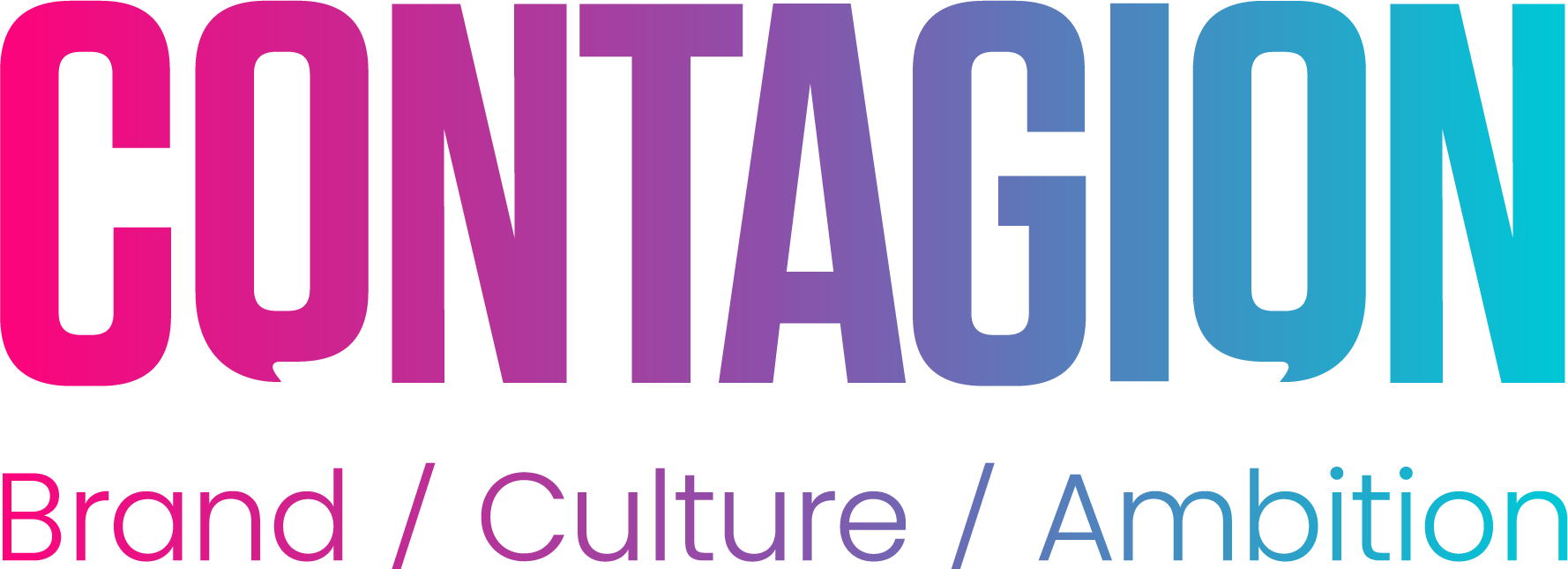
First Published: 16 January, 2025
2024 was the toughest year I have ever had in business. This says a lot as I started my agency back in 2010 during the GFC, so we have seen some drama. I am entering 2025 in a great position - the Agency has picked up a lot of new clients and staff have been simply outstanding. What this year has taught me is that marketing has changed; consumers have, in many ways, moved faster than us marketers could keep up.
This is not unusual. In recessionary times behavioural change is forced upon people simply because their resources are running out. That has been the defining nature of this ongoing downturn; it has been deep and just keeps getting harder for people. The latest GDP figures show another 1% contraction.
What is surprising is that the headlines in the press are in disbelief, and seasoned commentators have echoed this. Let’s be clear, this was forecast, it is here, and it is not going away until the second half of 2025 at the earliest. Remember the saying? Hope is not a strategy. To have survived in business over the last two years, this is most definitely true.
What has remained high is optimism; business and consumers do see things getting better and we do have a roadmap. Interest rates will come down further in February with a 0.5% reduction forecast; the aim is to get it to 3% by year end (at this stage). All those of us with mortgages will be singing collective Hallelujahs.
Consumers have changed and so how should we change our marketing response? Consumers have been through an ‘accelerated culture’ and it has been rather profound. Many of them are on Temu now, and will never see the inside of a Warehouse or Briscoes again (go on admit it, you were shocked at the prices and have had a dabble). They have been forced to lower their horizons and been pleasantly surprised. Online groceries and delivery has proven more cost effective and these are only a couple of examples. We have to wonder what will change them back to their old ways.
The answer is that behaviour can always be changed, but we marketers also have to adapt. If the rules of the game change, you either take advantage of that or you fall victim to a competitor who evolved. The experiences we design for customers simply have to be better.
I don’t have a silver bullet, but as a fan of Anthropology, Psychology and Sociology I have a firm belief that the answers to our own successes lie within us all.
My Recession Toolkit:
1. You are the best researcher you will ever know
I took my two little boys on a camping tiki tour of the North Island over the holidays and we went to lots of different campsites. I made a point of listening to families. Really listening to their struggles and daily lives. The stories are both heartwarming and insightful. Kiwi family life is still joyful, but how and what they shop for has changed, so have their perspectives. They are hopeful, looking for things that will make their lives better, and happy to be done with 2024. They see the light coming and can’t wait. The best thing you can do as a marketer is get out of your bubble and your income bracket and interact, at length, with your target audience. They will surprise you, and the genuine empathy you will take away could be the key to your next successful launch. Remember, consumer insights are found through talking to people and understanding them, not via spreadsheets.
2. People are more accepting of Trump and over ‘Woke’
It’s clear that the politics of the USA and Aotearoa have changed in the last two years - the electorates have been pretty clear about that. What has been less talked about is that people have had a gut full of being told what is acceptable for them to think. Recession has shown people what really matters and they have little patience for unqualified experts preaching alien values. The politics of woke reached a zenith in 2023, the election of new governments were a clear reaction to that. People want to be able to laugh again and not have to check who is going to judge them. It is down to personal preference what you believe in, but I think Jaguar cars are certainly regretting pushing a laughable agenda down our throats. Simple rule, don’t push a narrow agenda-loaded message to a mass audience. You probably won’t sell much. (Full disclosure: I actually own a Jag). Marketers need to be ahead of trends, not behind. Inclusivity is a fundamental value we need to get across, until you push it so far that you start to exclude your core target consumer by pushing an agenda on them.
3. Get a digital dashboard that links sales data and marketing
You need a live dashboard linking your marketing spend and sales data right now. This is a non-negotiable; how can you track the effectiveness of your sales and marketing efforts if you cannot see your results in real time? Google and Meta have amazing resources you can tap into and having this at your fingertips is just a game changer. Think about it like this, if you are setting a KPI, isn’t it great that everyone who has a responsibility for it has access to the same data? It is super motivating and having visibility 24/7 is the key to evolved strategies. Accountability creates results.
4. Get your brand match fit
We are seeing glimmers of hope on the horizon. What shape is your brand in and when was the last time you really looked at it? If we are going to win with our products and services we need to make sure they are still appealing and motivating for customers. Do we look up to date? Have we been out maneuvered, whilst we held marketing funds back? Do our value propositions still work in this changed environment? All of these questions are absolutely valid because the playing field in which brands operate is constantly evolving and we need to adapt with it. When was the last time you sat down as a management team and really interrogated how effective your consumer propositions are? It is hugely important in today’s highly evolved digital environment that a brand’s look and feel is fit for all channels.
5. Check your customers media habits and your media plan
We recently won a large B2B retailer and, as preparation, I went out to interview customers at their work places. What we found was that their media habits had changed drastically compared to what was accepted. Also lots of the links that they clicked on went to the wrong web pages or simply did not work. These were relatively easy fixes, but it illustrates that you need to be constantly optimising your media channels so that they are fit for your audience. Recession changes what people watch, read and do. We need to be constantly open to what they need and how we can be ahead of the curve.
So there you have it. Not an exhaustive list, but certainly things that will help make sure you get through this recession prosperously to the other side. We are nearly there folks, good times are around the corner and we want to make sure that when the bigger customer dollars are being spent our marketing efforts are perfectly placed to help them out.

Category

Contact us if you have any suggestions on resources you would like to see more of, or if you have something you think would benefit our members.
Get in TouchSign up to receive updates on events, training and more from the MA.
